You’ve likely heard the phrase “get a good night’s sleep,” but in 2025, this advice is being taken to a whole new level. Welcome to the world of sleepmaxxing—a rising trend focused on intentionally optimizing your sleep to boost mental health, productivity, and emotional well-being.
As anxiety, burnout, and sleep disorders continue to rise, improving sleep has become one of the most effective—and overlooked—ways to enhance brain function and fight stress naturally.
This article explores the powerful link between sleep optimization and mental health, and how sleepmaxxing can help you feel better, think clearer, and live calmer.
🧠 The Brain-Sleep Connection: Why Sleep Matters More Than You Think
Sleep is not just “rest”—it’s an active, biological process where your brain resets, repairs, and regenerates.
During sleep, your body:
- Regulates mood-related hormones (like serotonin and cortisol)
- Removes brain waste via the glymphatic system
- Forms and strengthens memory
- Balances blood sugar and inflammation
- Rebuilds neurotransmitters that affect focus and energy
Poor sleep disrupts these essential processes, leading to:
- Anxiety, irritability, and depression
- Brain fog, low motivation, poor decision-making
- Hormonal imbalance and weight gain
- Weak immune response
Sleep and mental health are bi-directional: poor sleep leads to poor mood, and poor mood makes sleep worse.
😴 What is Sleepmaxxing?
Sleepmaxxing is the intentional practice of improving the quality, depth, and regularity of your sleep through science-backed strategies. Think of it like sleep “biohacking.”
It includes optimizing:
- Sleep duration (7–9 hours)
- Sleep cycles (deep vs REM sleep)
- Sleep environment (light, sound, temperature)
- Circadian rhythm alignment
- Pre-sleep routines
In other words, it’s turning your bedroom into a performance lab for recovery and peace.
🧘♀️ Benefits of Sleep Optimization for Mental Health
- Reduced Anxiety & Stress
Deep sleep helps regulate cortisol and calms the nervous system. - Improved Mood & Resilience
Well-rested people report lower levels of irritability and greater emotional control. - Sharper Focus & Memory
REM sleep strengthens memory, while slow-wave sleep restores mental clarity. - Better Emotional Processing
Sleep helps process trauma and emotional experiences through dreams and brainwave activity. - Improved Productivity & Creativity
A well-slept brain is more innovative, patient, and solution-oriented.
🕐 How Much Sleep Do You Really Need?
Most adults need 7 to 9 hours of sleep per night, but quality matters as much as quantity.
Key Sleep Stages:
- Light Sleep: Transition stage
- Deep Sleep (SWS): Physical recovery, hormone release
- REM Sleep: Emotional healing, memory processing, dreaming
Without adequate REM and deep sleep, you may still feel tired despite 8 hours in bed.
🛌 Sleepmaxxing Techniques: Your Step-by-Step Guide
✅ 1. Create a Sleep Sanctuary
Your bedroom should signal calm and safety.
- Keep the room cool (18–20°C or 65–68°F)
- Use blackout curtains or a sleep mask
- Limit blue light 1–2 hours before bed
- Use white noise or earplugs if needed
- Remove digital distractions (no phones or TV)
✅ 2. Establish a Consistent Sleep Schedule
Go to bed and wake up at the same time—even on weekends. This supports circadian rhythm and hormone balance.
✅ 3. Try Natural Sleep Aids
- Magnesium glycinate: Relaxes muscles and nervous system
- Melatonin: Supports circadian regulation (use short-term)
- Chamomile or valerian tea
- L-theanine (from green tea) to calm the brain
Always consult a professional before using supplements.
✅ 4. Practice a Wind-Down Routine
Signal to your body that it’s time to rest.
Try:
- Gentle yoga or stretching
- Reading a book
- Journaling or gratitude listing
- Listening to calming music or binaural beats
- 5–10 minutes of box breathing or meditation
✅ 5. Watch What You Eat and Drink
- Avoid caffeine after 2 PM
- Don’t eat large meals close to bedtime
- Limit alcohol—it may knock you out, but reduces REM sleep
- Stay hydrated, but limit water intake 1 hour before sleep
🧬 The Role of Sleep in Mental Disorders
Poor sleep isn’t just a side effect—it can be a driving force in mental illnesses:
- Depression: Linked to disrupted REM sleep and early awakenings
- Anxiety: Heightened cortisol levels at night cause racing thoughts
- Bipolar Disorder: Sleep disruptions can trigger manic episodes
- ADHD: Sleep deprivation worsens impulsivity and concentration issues
- PTSD: Nightmares and hyperarousal disturb sleep cycles
CBT-I (Cognitive Behavioral Therapy for Insomnia) is a proven therapy that improves both sleep and mood disorders.
📱 Smart Sleep Tools and Trackers
Tech can help you optimize your sleep—if used wisely.
Popular Tools:
- Oura Ring – Tracks deep, REM, and HRV
- Sleep Cycle App – Smart alarm + sleep analytics
- White Noise Apps – Calm, Rain Rain, Noisli
- Blue Light Glasses – Filter screen light after sunset
🧾 Sample Sleepmaxxing Evening Routine
8:00 PM – Finish dinner, dim lights
8:30 PM – Light stretching and herbal tea
9:00 PM – Journal or read a physical book
9:30 PM – No screens, wear blue light blockers
10:00 PM – In bed, breathing exercises or guided meditation
10:15 PM – Sleep in darkness and silence
🔚 Final Thoughts
Sleep optimization and mental health go hand in hand. Whether you’re dealing with daily stress or deeper emotional challenges, improving your sleep may be the most powerful healing tool you haven’t fully explored.
With a few intentional tweaks, you can turn your nights into a foundation for brighter, calmer days.
Sleepmaxxing isn’t about luxury—it’s about mental clarity, emotional balance, and personal power. Start tonight.

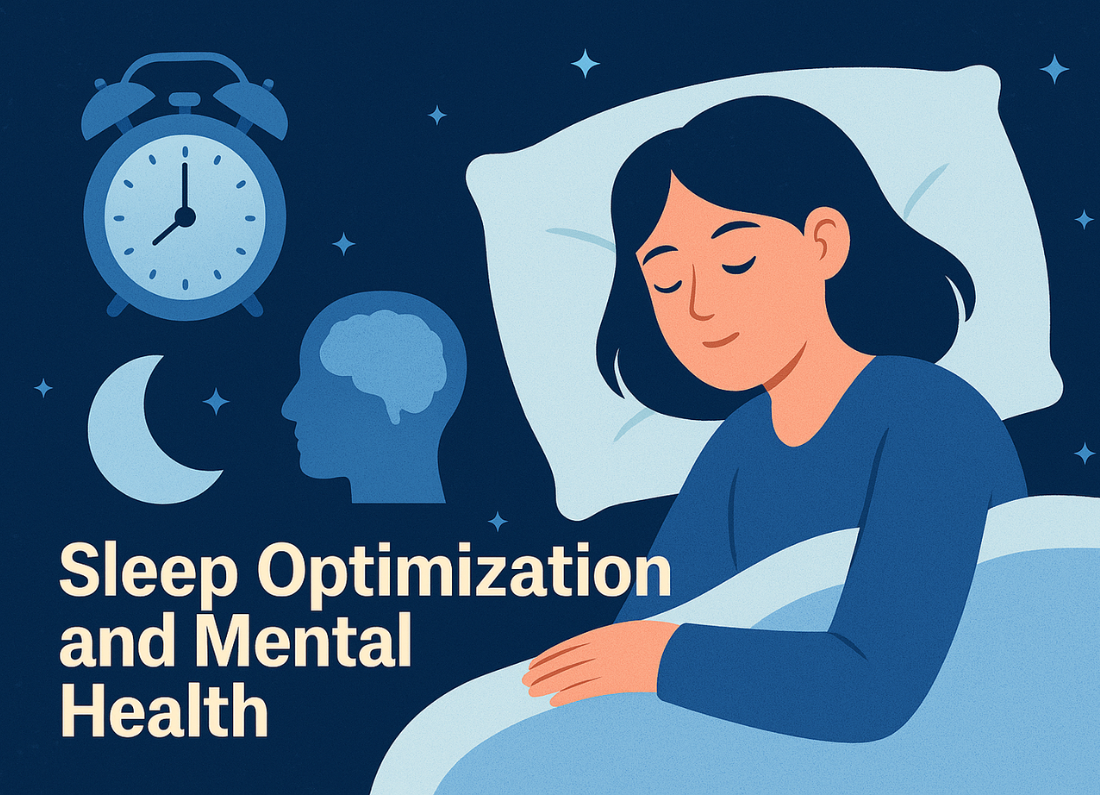


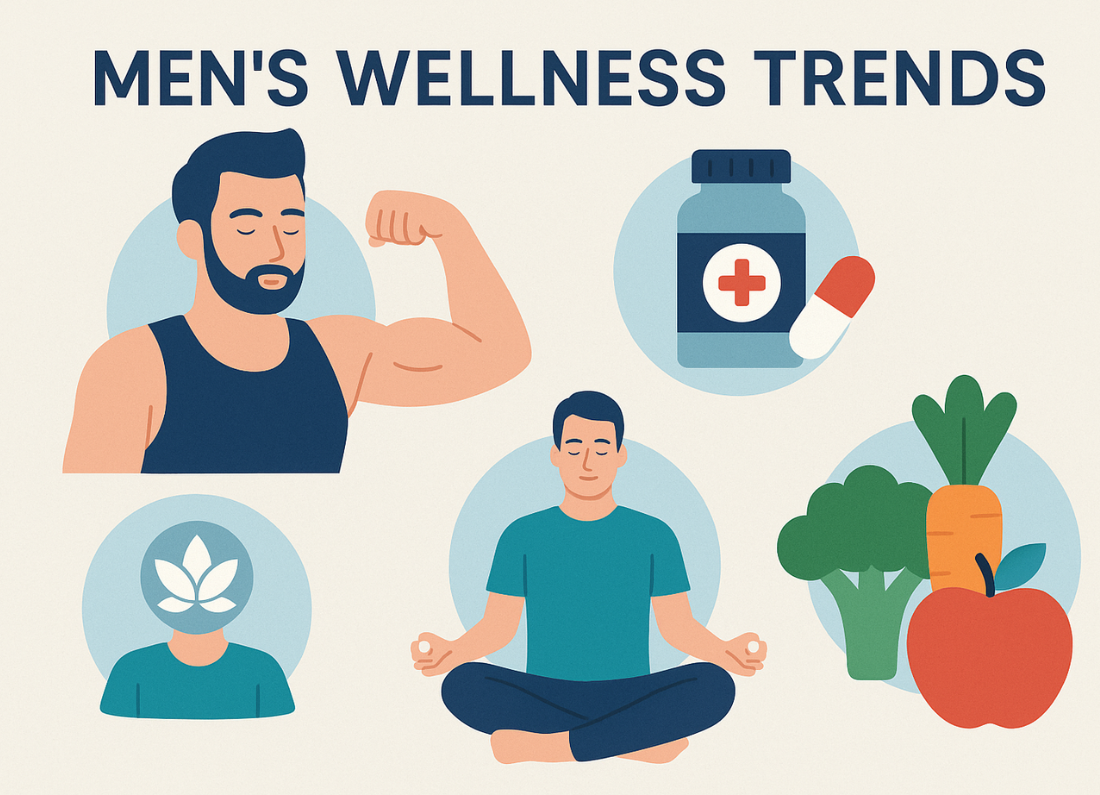

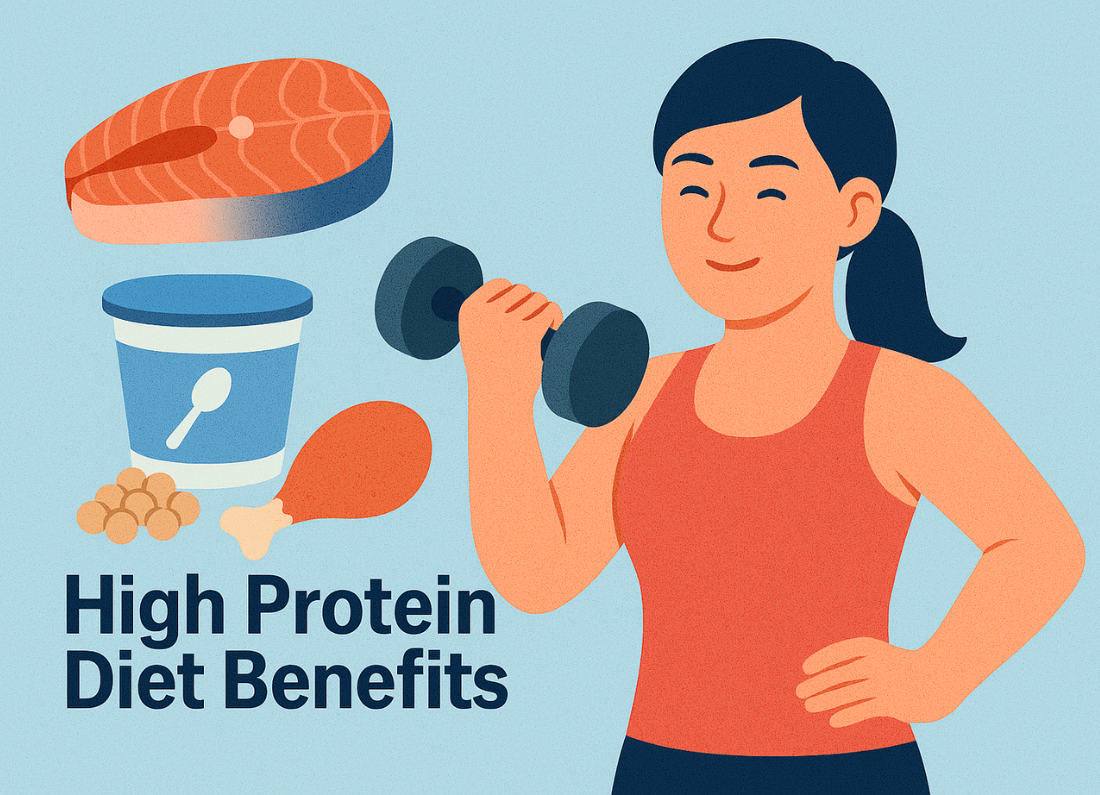

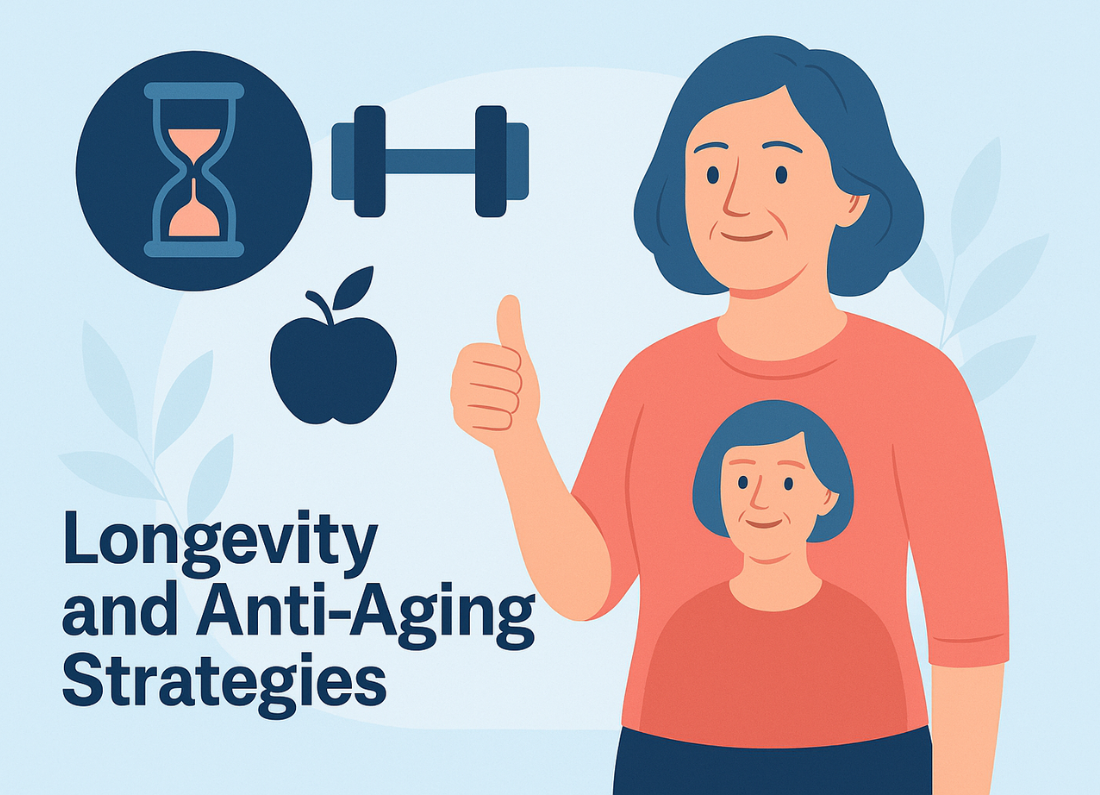
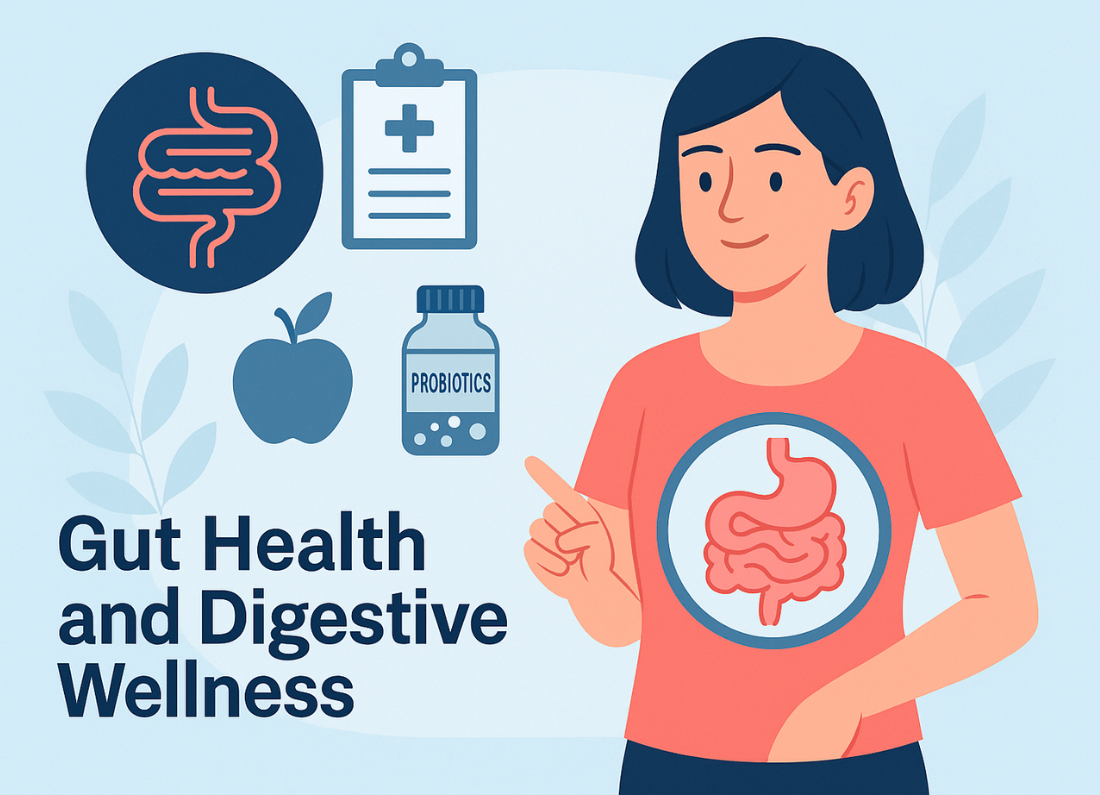
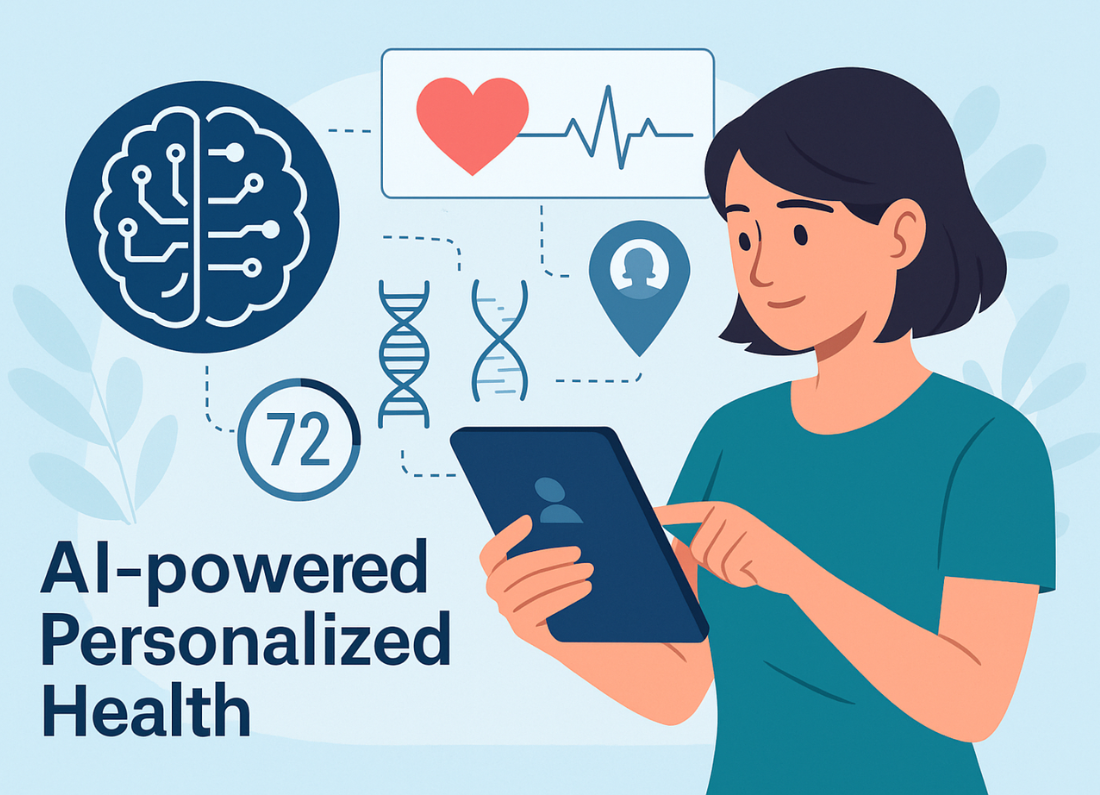




Leave a Reply